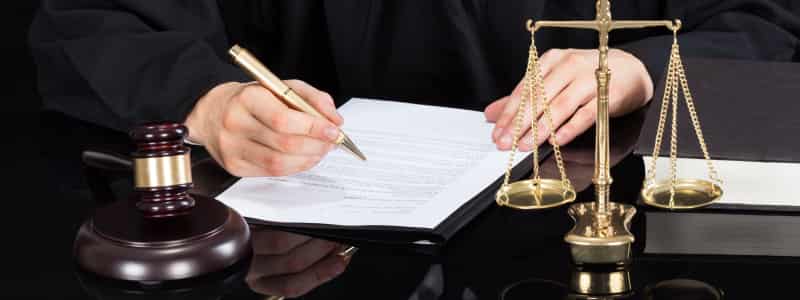Trust law involves many principles, obligations and rules. The lines of what a Trustee can and can’t do can be blurry, so read on to find out if a Trustee can also be the beneficiary of a discretionary trust.
The short answer to the question is yes. Although the law does not prohibit a trustee of a discretionary trust from being a beneficiary of the trust, there are several potential issues that a settlor must recognise when setting up a discretionary trust (sometimes called a ‘family trust’).
Table of Contents
Can a trustee be a beneficiary at the same time?
Understanding a trust
Briefly speaking, setting up a trust is a process that separates the interests in a trust property into parts. The legal interest will be vested in the trustee and the equitable interest will be vested in the beneficiary. The trustee will then be legally entitled to manage the trust property, and the beneficiary enjoys the benefits of the trust.
Therefore, a trustee can only be the beneficiary of a trust if there is more than one trustee or one beneficiary. Otherwise, the person will be the absolute owner if he holds both the full legal and equitable interest in the trust property.
Potential beneficiaries of a discretionary trust do not have interest in the trust
Unlike a fixed trust, a discretionary trust created through a Discretionary Trust Deed allows the trustee to exercise a discretionary power to select the beneficiaries from a nominated class of potential beneficiaries. Until the person is being picked from the class, he does not hold any interest in the trust property. In the case of a discretionary trust, there is no guarantee that one will be picked from the class to be the beneficiary of the trust.
Thus, even if the trustee is included in the nominated class, there is no presumption that they will be chosen by the trustee (them). The trustee is still always obliged to act fiducially and comply with their duties.

Get on demand legal advice for one low monthly fee.
Sign up to our Legal Advice Plan and access professional legal advice whenever you need it.
What should you do to safeguard your trust
Trustee duties
One way to safeguard the trust is to ensure your trustee is complying with the duties of a trustee. The duties include the duty to act impartially and gratuitously when exercising the discretionary power of the trustee. A trustee of a discretionary trust must not choose themselves as a beneficiary or grant themselves any benefit for a personal reason to gain profit. They are also required to consider every beneficiary equally and impartially.
Having more than one trustee and beneficiary
Although it is the presumption that the trustee will act genuinely in accordance with their fiduciary duties, a settlor is always advised to have more than one trustee if they would like a trustee to also be in the nominated class. A settlor can always appoint more than one trustee when setting up a trust, which is an effective way to avoid the improper exercise of the discretionary power of the trust under the sole discretion of a single trustee.
On the other hand, a settlor may also indicate the number of beneficiaries to be chosen and other criteria to limit the discretion of the trustee. This may help to avoid the potential risk that the trustee takes away the entire trust properties under their sole discretion.
Conclusion
It’s not uncommon to see a trustee be one of the beneficiaries in a discretionary trust, however, it’s arguably not the best option for a discretionary trust as it may introduce potential conflicts and risks to the trust. In any event, you are always advised to consult a trust lawyer before setting up any type of trust for your family or business.
Have more questions? Contact a LawPath consultant on 1800 529 728 to learn more about customising legal documents and obtaining a fixed-fee quote from Australia’s largest legal marketplace.




